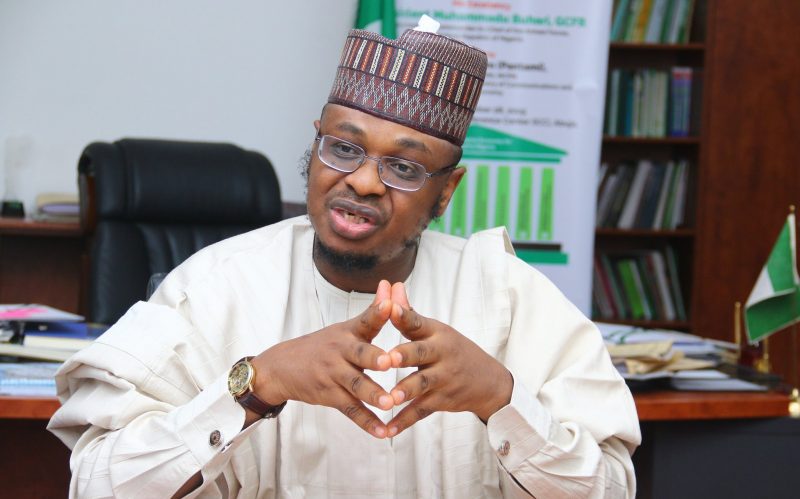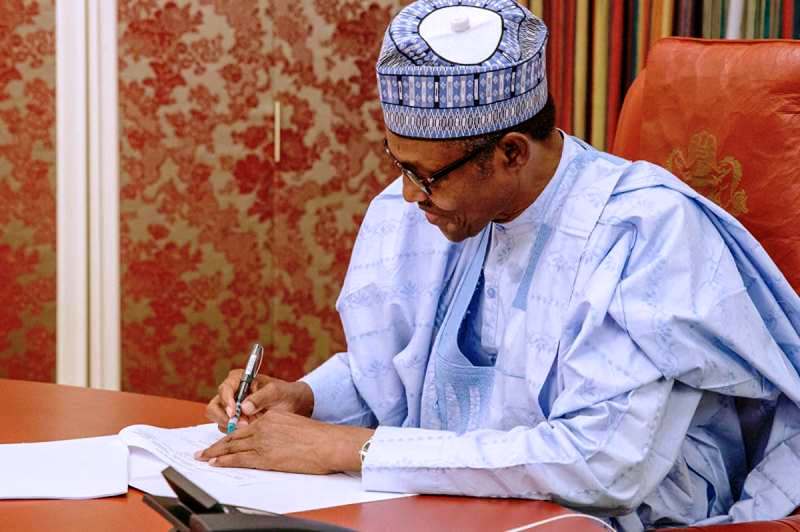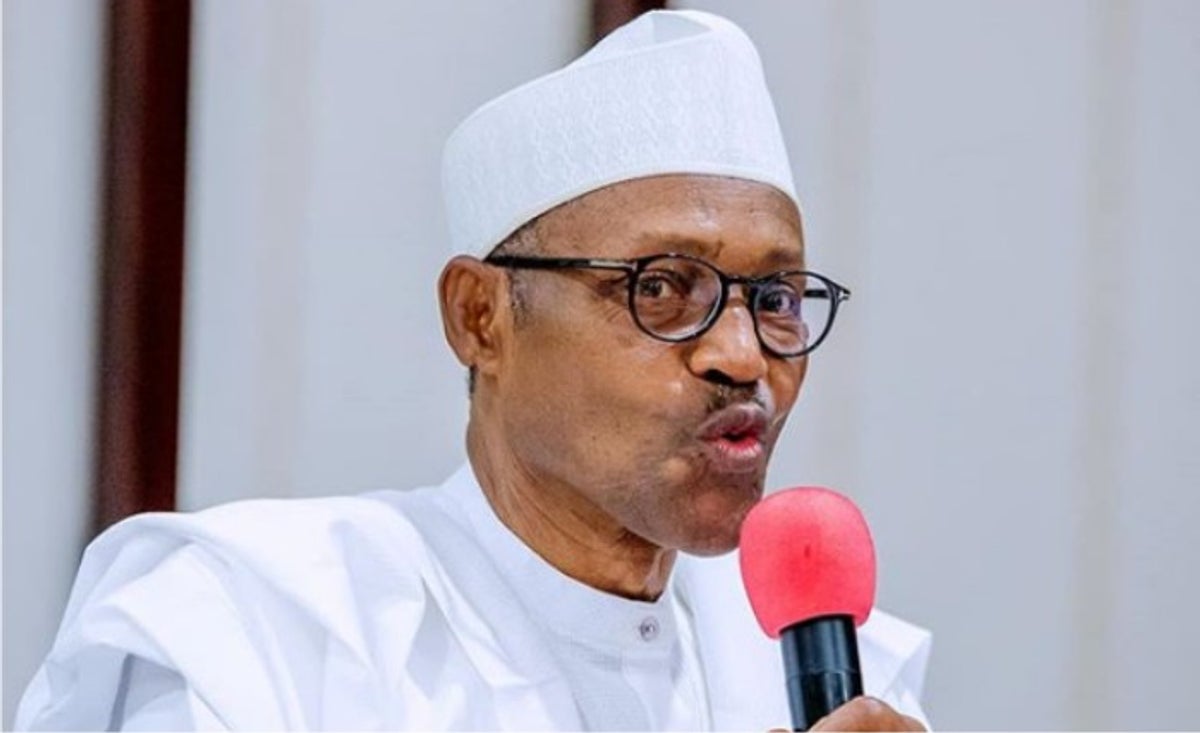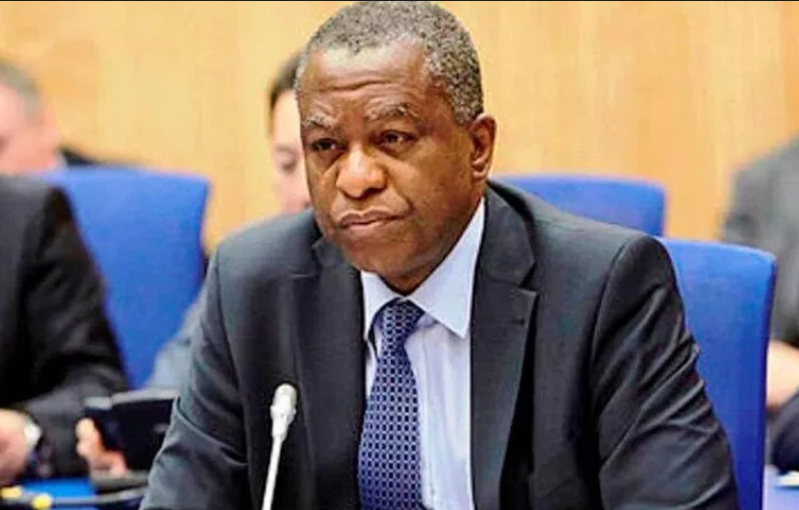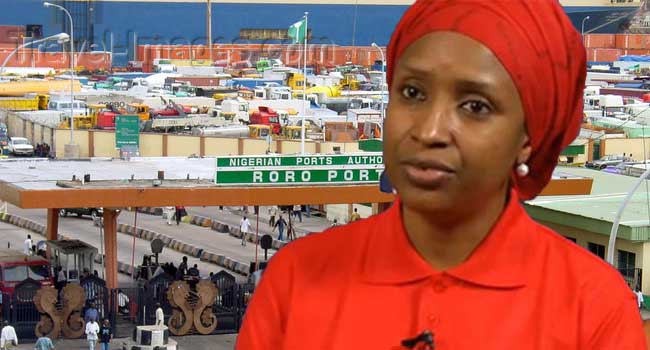The World Bank on Thursday said Nigeria has moved up by 15 places to 131 on the Ease of Doing Business ranking to become one of the top 10 countries that improved the process of doing business.
Doing Business acknowledges the 10 economies that improved the most on the ease of doing business after implementing regulatory reforms. Apart from Nigeria, others that made the list were Saudi Arabia, Jordan, Togo, Bahrain, Tajikistan, Pakistan, Kuwait, China, and India.
The ranking is based on quantitative indicators on regulation for starting a business, dealing with construction permits, getting electricity, registering property, getting credit, protecting minority investors, paying taxes, trading across borders, enforcing contracts and resolving insolvency.
Nigeria was previously ranked at the 146 out of the 190 countries assessed by the global financial institution.
In the report released today, the World Bank said, “Nigeria conducted reforms impacting six indicators, including making the enforcement of contracts easier, which placed the 200-million-person economy among the world’s top improvers.
“Only two Sub-Saharan African economies rank in the top 50 on the ease of doing business rankings while most of the bottom 20 economies in the global rankings are from the region.”
However, this was not the case with some other parts of the world, as the Bretton Woods Institution stated: “Sub-Saharan Africa still underperforms in several areas. In getting electricity, for example, businesses must pay more than 3,100 percent of income per capita to connect to the grid, compared to just over 400 percent in the Middle East and North Africa or 272 percent in Europe and Central Asia.
“When it comes to trading across borders and paying taxes, businesses spend about 96 hours to comply with documentary requirements to import, versus 3.4 hours in OECD high-income economies, and small and medium-sized businesses in their second year of operation need to pay taxes more than 36 times a year, compared to an average of 23 times globally.”
According to the World Bank, China and India made the top 10 list of governments that have done the most in the past year to improve the ease of doing business in their countries.
As for China, this would be the second time in a row it was making such a stride as it overtook France to take the 31st spot, while India climbed to 63rd based off the multiple economic reforms put in place by the Narendra Modi government.
Meanwhile President Muhammadu Buhari has reacted to the upward movement of Nigeria by 15 steps on the latest World Bank’s 2020 Doing Business Index (DBI).
A statement on Thursday by one of the President’s media aides, Mr Femi Adesina, quoted Mr Buhari as saying that “the movement of 15 places to 131 as well as the recognition being given to Nigeria as one of the top 10 most improved countries, that have implemented the most reforms this year, is significant because we were not even able to achieve some of the key reforms we had pursued, but what we have done so far is being recognized. This validation confirms that our strategy is working and we will continue to push even harder to deliver more impactful reforms.”
“With the impending ratification of the Companies and Allied Matters Bill and the introduction of the Business Facilitation (Omnibus) Bill, 2019 in view, along with other pending and ongoing regulatory, judicial and sub-national reforms, the President declared that “the announcement by the World Bank indicates that our mandate to move into the top 70 doing business destinations by 2023 remains achievable,” Mr Buhari added.
Nigeria was in 2018 at 146th position, but the latest ranking placed the Africa’s largest economy at 131 out of 190 countries.
The report, which was released today, also named Nigeria one of the top 10 most improved economies in the world for the second time in three years. Nigeria is one of only two African countries to make this list. With this year’s leap, Nigeria has improved an aggregate of 39 places in the World Bank Doing Business index since 2016.
The Doing Business Index is an annual ranking that objectively assesses prevailing business climate conditions across 190 countries based on 10 ease of doing business indicators.
The index captures ease of doing business reforms that have been validated by the private sector, and offers comparative insights based on private sector validation in the two largest commercial cities in countries with a population higher than 100 million. The report consequently features Lagos and Kano for Nigeria.
Briefing President Buhari on the rankings, Minister of Industry, Trade and Investment and Vice Chair of the Presidential Enabling Business Environment Council (PEBEC), Mr Niyi Adebayo, had stated that, “The steady improvement in Nigeria’s ease of doing business score and rank is a testament to the reforms implemented by this Administration over the past four years in line with the reform agenda being implemented at national and sub-national levels across the country since the establishment of the Presidential Enabling Business Environment Council (PEBEC) by President Muhammadu Buhari in July, 2016.
“The PEBEC works towards the fulfillment of the projections of the Economic Recovery and Growth Plan (ERGP 2017-2020), which is striving to deliver sustainable economic growth in Nigeria by restoring growth, investing in our people, and building a competitive economy as we work towards delivering Mr President’s mandate of bringing 100 million people out of poverty.
“The 2020 Doing Business report from the World Bank has reaffirmed the commitment of the newly constituted PEBEC to making Nigeria a progressively easier place to do business and removing the bureaucratic constraints to doing business in the country as we forge ahead in this Next Level.”
The PEBEC, chaired by Vice President Yemi Osinbajo, with 13 ministers as members amongst others, has through the Enabling Business Environment Secretariat collaborated with ministries, departments and agencies (MDAs), the National Assembly, the Judiciary, State governments and the private sector to carry out over 140 reforms so far in a bid to remove bureaucratic constraints to doing business in Nigeria and make the country a progressively easier place to start and grow a business.
On the new ranking, Dr Jumoke Oduwole, Special Adviser to the President, Ease of Doing Business/Secretary PEBEC, said, “The private sector remains the fulcrum of the ease of doing business interventions. We are committed to more engagements among reform-implementing organs of government and the private sector players, and we are happy to see that these have resulted in a more favourable validation of the reforms by the private sector.
“This result will serve as encouragement to sustain the deepening of these reforms and make it even more tangible for businesses and the citizenry. The PEBEC is focused on delivering even more substantive reforms for the improvement of the general business climate.”
She noted that over the past four years, Nigeria’s score has steadily improved in the World Bank Doing Business Report, after years of decline in both score and ranking in the years preceding 2016.
She also recalled that in 2017, Nigeria moved up by an unprecedented 24 places on the Doing Business rankings, and was for the first time ever, recognized as one of the top 10 reformers in the area of doing business that year.
